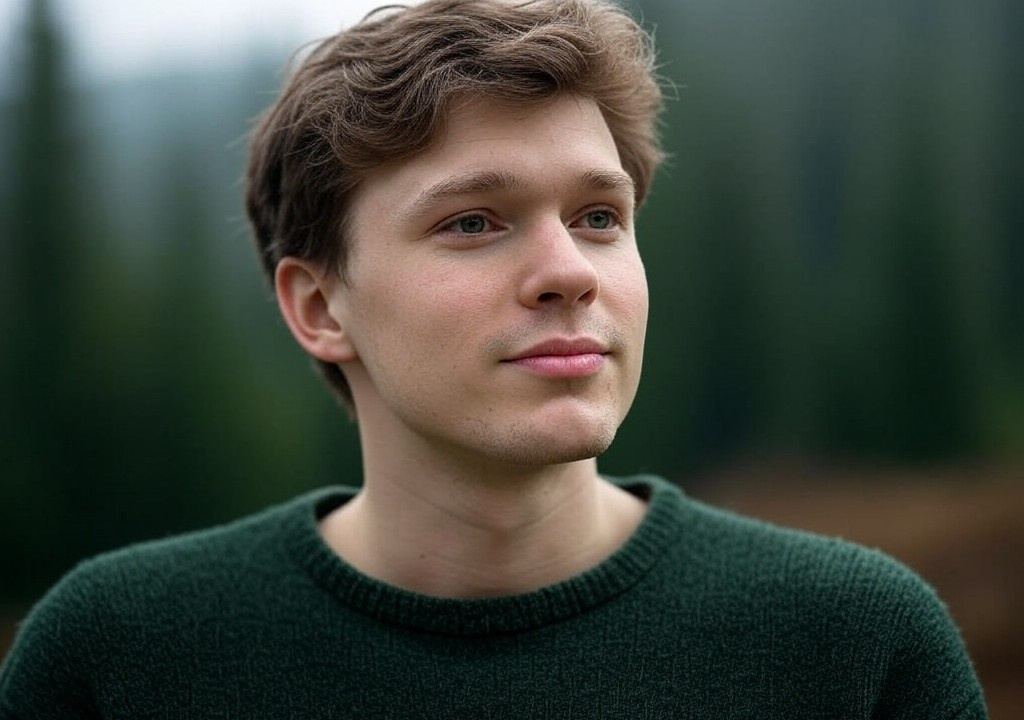It’s not every day you meet a book that feels like a best friend who knows you better than you know yourself. For me, that book was Terry Tempest Williams’ Refuge: An Unnatural History of Family and Place. I stumbled upon it in my early 20s, a period I lovingly refer to as my “confused fern phase.” You know the one: too much kombucha, not enough clarity about your purpose on the planet. Williams’ memoir landed in my lap during a solo camping trip—because nothing screams existential crisis like pitching a tent you don’t know how to collapse.
This wasn’t just any book. It was the book. The one that made me rethink everything: love, grief, connection, and how we ground ourselves in the world when everything feels a little...shaky. And no, I’m not just talking about the unstable camp stove that almost set my socks on fire.
Let me explain how Refuge rewrote both my inner GPS and, surprisingly, how I approach relationships.
The Book That Saw Through Me
Picture it: a slightly lost guy sitting under Colorado stars, armed with a headlamp, some instant ramen, and a book about birds and women battling cancer. Not exactly beach read material, right? But Refuge wasn’t just about cancer or avian migrations. It was about resilience—how we anchor ourselves when change is as inevitable as spring runoff in the Rockies.
Williams’ chronicle of her mother’s illness and the rising waters of Utah’s Great Salt Lake mirrored something I’ve only come to appreciate over time: relationships of all kinds ebb and flow. Sounds poetic, yes, but let’s translate that to real life. Sometimes you’re the one making the big moves, adapting to the tides, showing up for people. Other times, you’re sitting on the shore wondering where everyone went. Both are essential parts of the journey, even if the “sitting and wondering” phase tastes sourer than overbrewed green tea.
For me, this book cracked open the idea that emotional landscapes—like literal ones—demand care. You plant seeds, you show up. Storms come through. And, occasionally, you have to rebuild. This philosophy doesn’t just apply to whatever glacier of a breakup you’re working through; it’s also your anchor in romance and friendships. I didn’t know it then, but what I was learning from Williams was “emotional stewardship”—nurturing your little plot of connection and, when necessary, knowing when to let go.
Nature, Love, and the Big Let-Go
I once ghosted someone after they admitted they didn’t recycle. Okay, “ghosted” might be too strong; let’s call it casually fading away into the fringes of the text thread. Yes, Boulder instilled in me a reverence for the environment, but I realize now it wasn’t about their trash habits. What really threw me off was this looming question: If we don’t share core values, how do we weather life’s bigger storms?
That’s where Refuge forced me to reflect. Love—whether platonic, romantic, or familial—isn’t about perfectly matched eco-agendas or hobbies performed in tandem. It’s about finding someone who will sit with you through the floodwaters, even when they don’t recede right away. It’s about knowing the terrain of each other’s hearts as well as the map of your favorite hiking trail—and still signing up for the trek. Decisions like whether to recycle the kombucha can are secondary, no matter how much my former self may have tried to justify otherwise.
Williams’ instinct to document the fragile beauty of her mother’s life mirrored something many of us forget in relationships: tenderness matters more than the illusion of control. You can’t build a dam against change, but you can stick around to witness it.
What It Taught Me About Loving Messy People (Including Myself)
Relationships, like nature, thrive on imperfection. Somewhere between Williams’ meditations on grebes (a bird I’d never heard of but quickly became obsessed with) and reflections on how we grieve, I realized that my fixation on “ideal compatibility” was a smokescreen. Real love isn’t curated for Instagram’s highlight reel. It’s messy. It’s weeds growing in your mental garden. It’s admitting your flaws and embracing someone else’s.
I used to hold myself to impossible standards in relationships, convinced I had to be polished, endlessly interesting, and always in tune with what my partner needed. And let me tell you, nothing sets you up for quiet self-loathing quite like pretending to be the human equivalent of a solar-powered lantern: helpful, perfect, and endlessly illuminating. Reading Refuge reminded me that there’s beauty in the unglamorous. The storm-blown tree still serves its purpose—it shelters birds. People are no different.
Since then, I’ve tried to show up for relationships, flaws and all. I no longer freak out if a date doesn’t look like the opening act of a Nicholas Sparks film. I let people see the messy stuff (the bad jokes, the moments when I’m awkwardly tripping over my own enthusiasm). It’s liberating, honestly.
Lessons for Navigating the Human Landscape
Though Refuge isn’t a how-to-guide by any stretch, it gave me the tools to handle the ebbs and flows of life and connection with intentionality. Here’s what I’ve carried with me:
-
Start small. Williams never tried to “fix” the Great Salt Lake. She observed it, learned from it, appreciated it. The same goes for relationships. You don’t have to overhaul anyone’s emotional landscape—you just have to tend to the little moments.
-
Get comfortable with change. Nothing stays static. Not pinyon forests after a wildfire, not the Great Salt Lake, and definitely not people. Instead of resisting evolution, try embracing it. Easier said than done, but wildly worth it.
-
Be a haven, not a project manager. The best relationships aren’t about “fixing” someone—they’re about offering each other refuge. Be a place someone can retreat to, not a list of tasks they need to conquer to be worthy of love.
The Closing Reflection
People sometimes ask me if Refuge changed my stance on environmental activism. The truth? It dug much deeper than that. It changed the way I look at connection—whether to people, places, or myself. Relationships are ecosystems. They demand care, patience, and, most importantly, the bravery to show up through the droughts and storms.
So, if your relationship feels like a flood zone or your connection to yourself is starting to look like a clear-cut forest, know this: resilience isn’t about refusing to bend. It’s about discovering how to grow after everything’s shifted.
And if you’re more of a novel-than-a-memoir kind of person, let me propose an alternative: spend some time with nature. Watch rivers change course and seasons slip away. Trust me, it’s the best reading companion life has to offer.




















